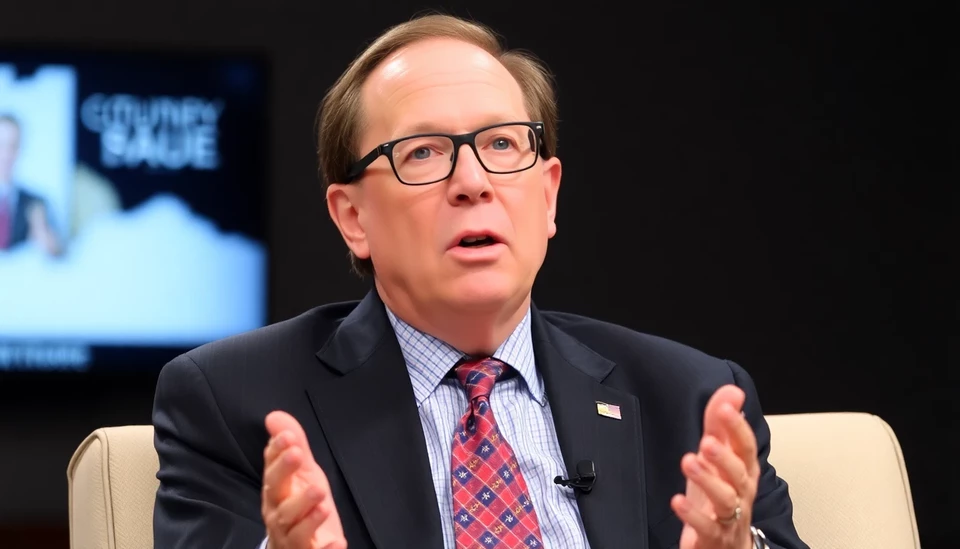
In a significant development in the realm of environmental, social, and governance (ESG) investing, BlackRock, the world's largest asset manager, has reached a settlement with the state of Tennessee. This comes in light of growing scrutiny and legal challenges surrounding the firm’s commitment to ESG principles in its investment strategies.
The settlement pertains to Tennessee’s previously expressed concerns regarding BlackRock’s use of ESG criteria in managing state funds. Specifically, the controversy arose over allegations that these investment strategies could potentially compromise the financial returns of state-managed pensions. Tennessee's officials contended that BlackRock's focus on sustainability might place undue emphasis on social agendas over fiscal responsibility.
BlackRock's ESG initiatives have faced mounting opposition from various states, particularly as these practices draw lines between investment profitability and ethical considerations. Critics argue that such strategies could alienate sectors of the economy that do not align with ESG frameworks. In response to this pressure, BlackRock has engaged in a concerted effort to clarify its intention behind ESG investments, emphasizing that the long-term viability of companies often hinges on their ability to address environmental and social risks.
The terms of the settlement have not been fully disclosed; however, it has been reported that BlackRock has agreed to enhance transparency regarding its ESG investment processes and methodologies. Moreover, the company has committed to re-evaluating how it communicates its strategies to investors and the public alike, seeking to assure stakeholders of its alignment with fiduciary duties.
Tennessee's decision to settle reflects a broader trend among states to reassess their relationships with firms that advocate for ESG principles. As more institutions begin to voice concerns about the implications of ESG-driven strategies, this case could set a precedent for future engagements between asset managers and state officials across the nation. The implications of this settlement could reverberate in an industry increasingly focused on balancing ethical considerations with profit generation.
As the dialogue around ESG investments continues to evolve, stakeholders will be watching closely to see how BlackRock implements the changes outlined in this settlement. Will this set the tone for future corporate responsibility in finance, or will it signal a retreat from the bold ESG commitments that have characterized investment strategies in recent years? Time will tell as the implications of this agreement unfold.
In closing, BlackRock’s situation illustrates the ongoing tension in the investment community between embracing sustainable investment practices and fulfilling traditional financial responsibilities. This settlement might very well serve as a turning point in how ESG strategies are perceived and executed moving forward.
#BlackRock #ESG #Tennessee #InvestmentStrategy #FinanceNews #Sustainability #CorporateResponsibility
Author: Megan Clarke




